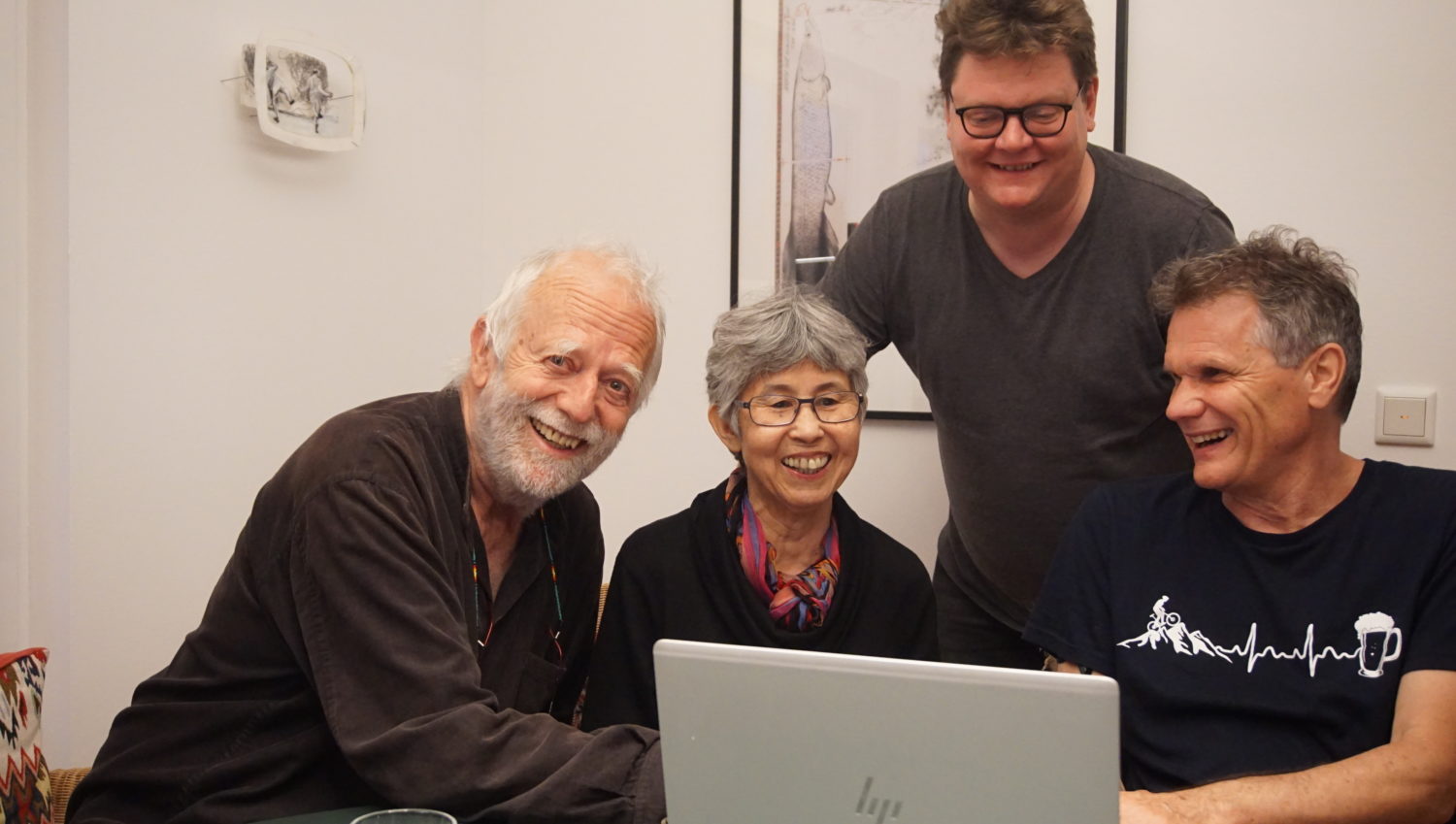About us
The “Society for Threatened Peoples” (Gesellschaft für bedrohte Völker /GfbV)
The “Society for Threatened Peoples” (GfbV) is an international human rights organization with consultative status at the United Nations (ECOSOC). It was founded in 1968 as a protest against the genocide in Biafra. The GfbV combines full-time human rights work with the voluntary engagement of active members and supporters, who are involved in various ways all over the world.
The GfbV stands up for the rights of ethnic, religious and linguistic autochthonous minorities and nationalities as well as for their minorities and nationalities as well as for the individual and collective rights of indigenous peoples. It is committed to the protection of civilian populations from the most serious human rights violations and to prevent crimes against humanity and genocide.
We see human rights as universal, indivisible and inalienable. In accordance with our motto “A voice for those who have no voice”, the GfbV’s particular focus is on nationalities, minorities and indigenous peoples, as well as victims of severe human rights barely noticed by the public.
We do not work over the heads of the victims, but rather work together with them for the recognition and the protection of their rights – as well as for an improvement of their situation. We are committed to the effective protection of minorities, nationalities and indigenous peoples in the framework of international law and national legal systems. The strengthening of the
international system for the protection of human rights is of particular
importance.
— — From the Policy Statement of the Gesellschaft für bedrohte Völker (GfbV)

Von links nach rechts: Claus Biegert, Tjan Zaotschnaja, Jan Diedrichsen, Wolfgang Mayr
VOICES
VOICES is an online platform of the GfbV
Editorial Team:
– Claus Biegert, journalist, GfbV advisory board member
– Tjan Zaotschnaja, journalist, regional group Munich
– Wolfgang Mayr, Journalist, President of the GfbV-International
– Jan Diedrichsen, Journalist, Federal Chairman of the GfbV
Further authors (in the order of their guest contributions)
– Kamal Sido
– Matthias Festerer
Mission statement – Of whom no one speaks
There are people who cannot help themselves. If they see an injustice, they intervene. They write, shout, argue, sing, paint, write poetry, set to music, demonstrate, admonish, stand in the way. Artists and activists are above all, grassroots, increasingly they come from the indigenous societies of this world.
Their stories do not appear in the big media. So we want to be allies for those that no one is talking about. And we want to take a stand. Provocative, partisan, critical and also self-critical.
As a GfbV online platform, we want to be a voice for those who have no voice. We will draw attention to the catastrophic situation of the weakest, the ethnic, religious, linguistic, autochthonous minorities and nationalities as well as the indigenous peoples worldwide. We want to contribute to making the beauty of minorities, nationalities and indigenous peoples better known. Linguistic and cultural diversity is threatened worldwide. We want to give a voice to those who are overheard.
Our GfbV online platform offers space for stories of great tragedy and stories of great treasure. There will be stories about small peoples to whom the earth is sacred, who live in the last largely undestroyed refuges of this earth. We wish for a dialogue without borders, at eye level. Everyone has a story to tell. We want to hear these stories. All have an opinion. We want to discuss these opinions. Our dialogue can be provocative. It is about the future of threatened peoples, minorities and nationalities worldwide.
Our VOICES podcast: Us and the Others. The Others and Us.
The Others are usually found on the margins. Threatened peoples are small peoples on the margins, isolated and without a voice in the affairs of nation-states, whose borders often cut through their ancestral territories. Religious and ethnic minorities are discriminated against and persecuted because their beliefs, their values, their way of life do not conform to the dominant systems on whose margins they live. The dominant society and its rulers make sure that they all do not leave their mute place. Their fates do not appear in the big media.
When indigenous peoples began to use our communication media in the seventies, it was the radio, along with printed paper, that met their needs: At the microphone, people can respond immediately, here threatened languages can have their say, here the tradition of oral history can be revived, here people can meet and exchange ideas. With social media, the possibilities are expanding.
Protecting minorities and nationalities effectively
Linguistic and cultural diversity is under threat worldwide. We want to give a voice to those who are overheard. National minorities like nations without a state, from Scotland to Kurdistan. Their lack of protection fuels conflicts around the world, states the GfbV’s basic program: Effective minority protection and autonomy therefore also contribute to conflict prevention. That is why representatives of autonomous ethnic regions will also have their say here.
Enforcing the rights of indigenous peoples
The victims of globalization with its overexploitation of raw materials and large-scale projects are mostly indigenous peoples worldwide. We want to use this online platform to campaign for the implementation of the UN Declaration on the Rights of Indigenous Peoples and Convention 169 of the International Labor Organization (ILO).
Preventing crimes against humanity, war crimes and genocide
This page is also particularly open to those who suffer from crimes against humanity, war crimes and genocide. Again, we are committed to the unconditional implementation of the UN Genocide Convention and the creation of a convention to punish crimes against humanity.